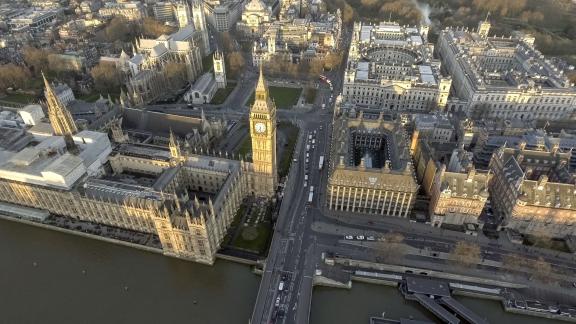NHS Confederation responds to NHS England's reduction to the elective activity target

Responding to news that NHS England has reduced the target for elective activity, Matthew Taylor, chief executive of the NHS Confederation, said:
“Health leaders will welcome the revised elective trajectories, which recognise the significant disruption industrial action has had on their teams’ efforts to recover services over the last eight months. However, with trade unions securing fresh mandates for further walk-outs which could stretch into winter, this adjustment will need to be kept under close review.
“The NHS is doing everything within its power to keep planned care running during the continuing strikes but in the interests of patient safety, it has to prioritise staffing the most urgent and life-critical care, which can lead to planned care, including electives and follow-up appointments, needing to be rescheduled.
“The quick succession of junior doctors, consultants and radiographers going on strike this month will leave the NHS severely winded and grappling with a lot of planned care that will need to be rebooked, right when staffing levels are expected to dip over the summer period and when health leaders are already finding enthusiasm to fill certain shifts are getting more difficult.
“The costs of industrial action in terms of the impact on patient care, complaints, and staff burnout are really taking their toll on the NHS. The rhetoric from the government about the NHS potentially needing to find the funding for any staff pay increase from its existing budgets adds further weight to this heavy concern as it feels like a complete abandonment of reality.
“If the government is committed to reducing waiting lists and supporting the workforce, it has to do everything within its grasp to find a resolution to its dispute with the unions and ensure that any pay increase is fully funded.”
About us
We are the membership organisation that brings together, supports and speaks for the whole healthcare system in England, Wales and Northern Ireland. The members we represent employ 1.5 million staff, care for more than 1 million patients a day and control £150 billion of public expenditure. We promote collaboration and partnership working as the key to improving population health, delivering high-quality care and reducing health inequalities.



